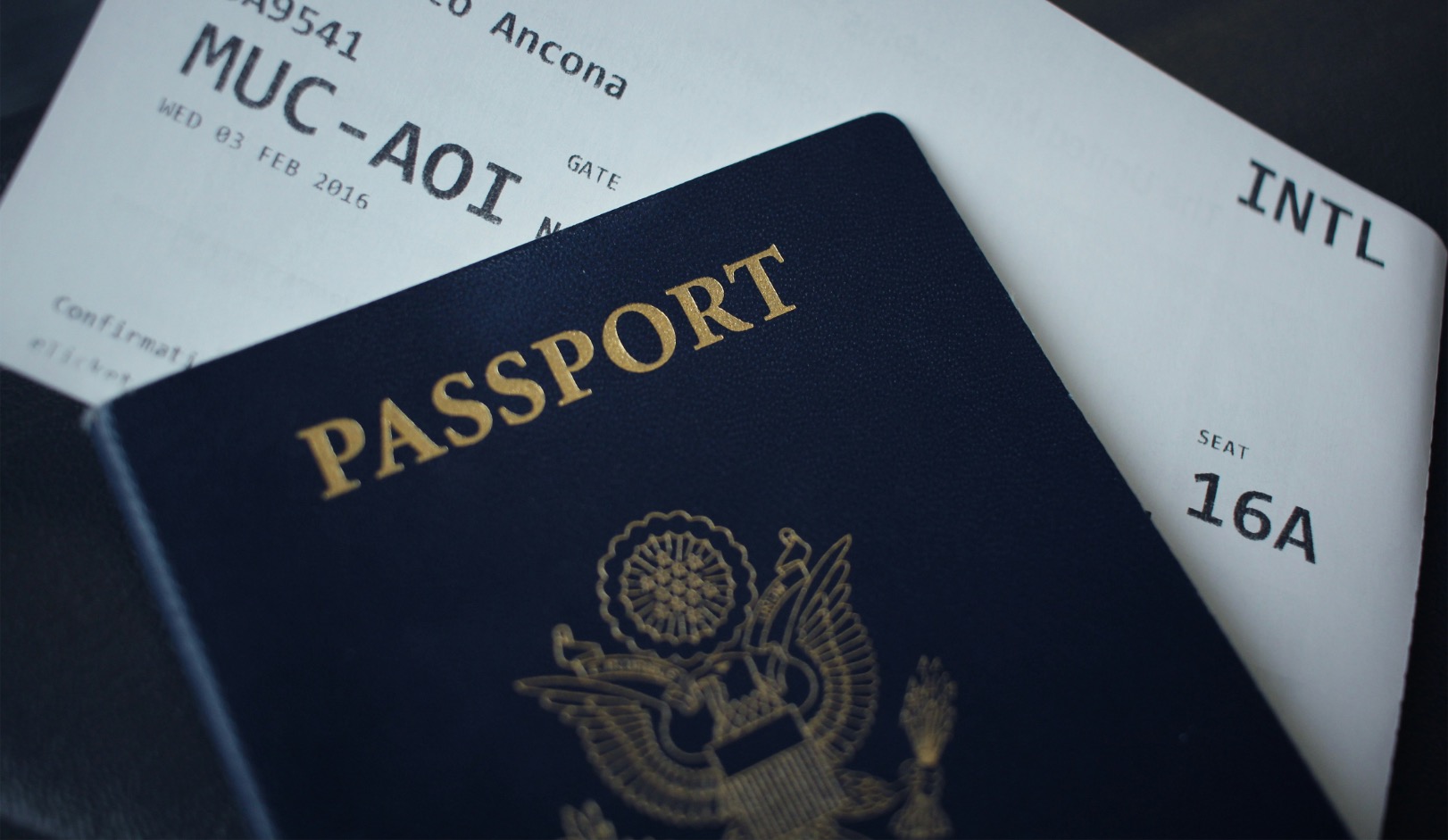The FAQs of Partner Visas in Australia
Australia's family law extends its reach to ensure families can be united across borders, reflecting its commitment to multicultural integration and family unity. This article explores the intricacies of partner visas in Australia, navigating family law implications, and preparing for a life together.
What Is A Partner (Provisional) Visa (subclass 309)?
The Partner (Provisional) visa (subclass 309) serves as a bridge for those living overseas to join their spouses or de facto partners in Australia.
Eligibility Criteria
To apply for the Partner (Provisional) visa, applicants must:
- Be in a marriage or de facto relationship with an Australian citizen, permanent resident, or eligible New Zealand citizen.
- Be 18 years or older, with their Australian partner also meeting the age requirement.
- Meet health and character requirements, including undergoing medical exams and providing police certificates.
Application Process
- Initial Steps: Begin by gathering evidence of your relationship, including financial records, cohabitation proof, and social recognition.
- Health and Character Checks: Complete the necessary health examinations and submit police checks from every country you've lived in for 12 months or more over the last ten years.
- Visa Application: Submit your application online, attach all required documents and pay the application fee.
- You can find more information about the application process here.
Rights and Obligations
Once granted, the visa allows you to:
- Live, work, and study in Australia.
- Travel to and from Australia.
- Access certain government benefits, like Medicare.
The Role of Family Law in Partner Visas
Supporting Your Spouse
Australian family law requires the sponsoring partner to support the applicant by providing:
- Financial assistance
- Accommodation
- Emotional and social support for two years after arrival
Including Dependent Children
Family law also governs the inclusion of dependent children in the visa application, ensuring their rights are protected:
- Dependent children can be included in the application.
- They receive the same rights and visa conditions as the primary applicant.
Frequently Asked Questions
Q: Can I sponsor my new partner if I have already sponsored one before?
A: You can sponsor up to two overseas partners in your life. The applications must be at least 5 years apart.
Q: Can I still get a partner visa if I haven’t lived with my partner for 12 months?
A: Yes, the 12-month requirement can be waived if the de facto relationship is registered with Births, Deaths and Marriages. You must also prove a strong intention of living together. Read more about how to prove your de facto relationship to the courts here.
Q: What if I need to separate from my partner while on a 309 Visa?
If you intend to separate from your Visa sponsor you must notify the Department of Home Affairs. Unless there are compassionate grounds such as having a child or experiencing domestic violence, you have 28 days to apply for another temporary visa or leave the country.
Q: Am I eligible for a Partner Visa in a same-sex relationship?
A: Yes, same-sex couples are eligible to apply for a partner visa if they are engaged, married, intend to be married or are in a de facto relationship with an Australian citizen or permanent resident.
Q: If I Separate From My Partner on a Visa Can They Relocate My Child?
A: If an agreement can not be reached on the permanent living location of the child, parents have the right to apply for a relocation order, or a recovery order. The court will always take various factors into consideration to decide what is in the best interests of the child.
Q: How does a Partner’s Visa Affect Child Custody?
A: Custody decisions are based on the child's best interests. Partner visas in Australia play a minimal direct role. However, a parent's ability to legally reside in the country could indirectly influence decisions related to stability and best interests.
Q: Does my Partner’s Visa Status Matter for Divorce?
A: A divorce may impact a non-citizen visa status if it is dependent on the marital relationship with an Australian citizen or permanent resident. It's essential to consult with an immigration lawyer in such cases.
Q: Does My Partner’s Visa Status Affect Property and Financial Settlements?
A: The division of property, including overseas assets and financial settlements considers the contributions of each partner to the marriage. A partner's visa status does not directly affect their entitlements or obligations under family law.
Q: What Is The Spousal Maintenance For A Partner on a Visa?
A: Eligibility for spousal maintenance is determined by financial need and the other spouse's capacity to pay, rather than immigration status.
For specific advice tailored to your situation, consulting with legal professionals in family law and immigration is crucial.
Consult With A Lawyer for Questions About Your Partner’s Visa Status
The journey to bring your spouse to Australia through the Partner (Provisional) visa is multifaceted, intertwining aspects of immigration and family law. As family law plays a crucial role in ensuring the welfare of both partners and their dependents, understanding legal obligations is important to transition to life in Australia. For detailed assistance and navigating the complexities of partner visas in Australia and their application process, consulting with a family law specialist is highly recommended. We also specialise in divorce law, LGBTQ+ law and dispute resolution. Contact Pullos Lawyers today to schedule a consultation.
